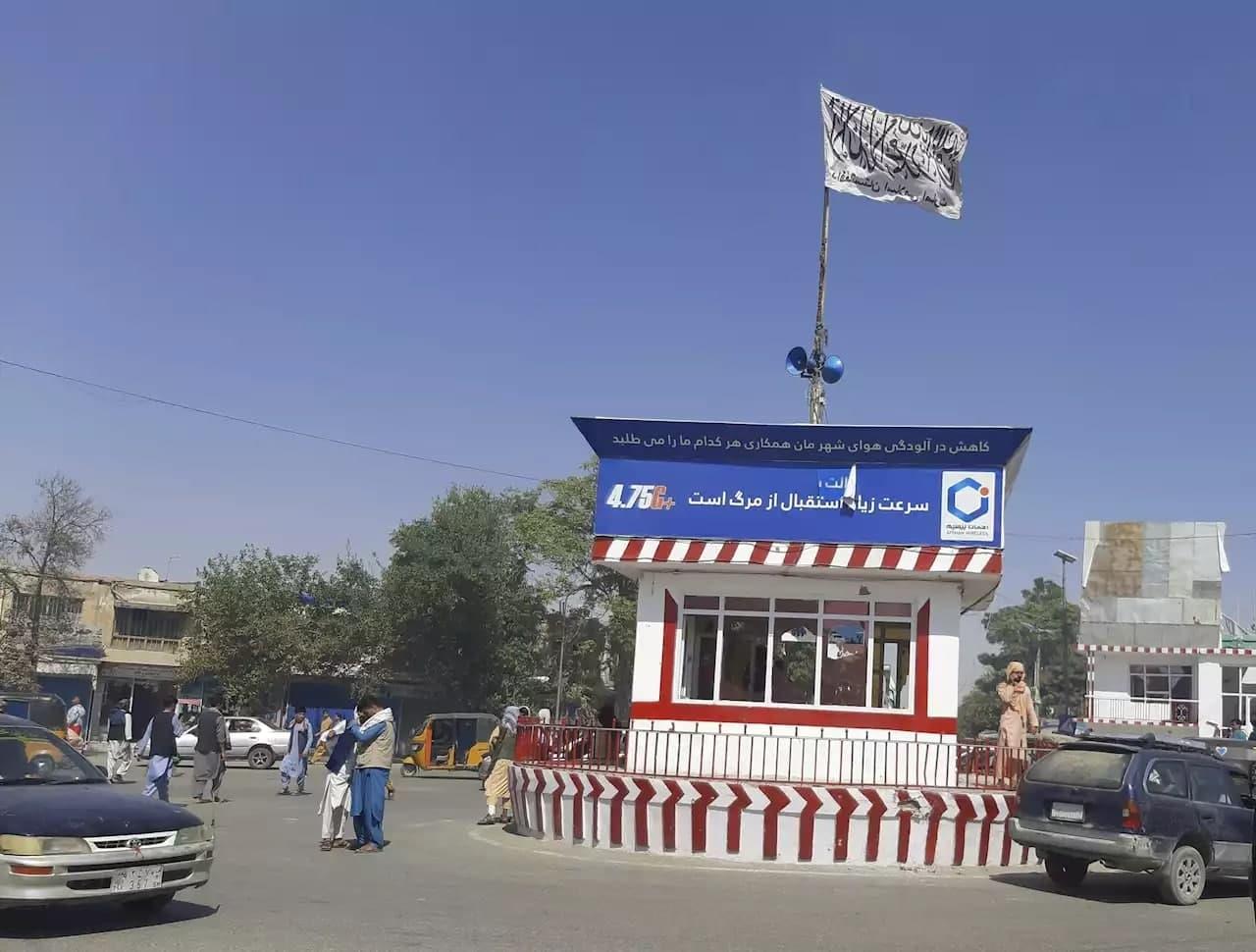KABUL, Aug 11 (New York Times) — Afghan forces essentially collapsed in three more provincial capitals on Tuesday, adding to an already alarming drumbeat of Taliban victories around the country and effectively cutting off the main highway connecting the country’s capital with northern Afghan provinces.
The three cities — Pul-i-Khumri, roughly 150 miles north of Kabul in Baghlan Province; Farah, the capital of the western province of the same name; and Faizabad, in remote and rugged Badakhshan Province — were the seventh, eighth and ninth to be overrun by the Taliban in less than a week. There, as in other fallen cities, witnesses and defenders described twinned crises of low morale and exhaustion in the face of unrelenting pressure by the insurgents.
The rapid Taliban victories have been a devastating blow to President Ashraf Ghani’s government, and to the military and police forces that the United States and its Western allies spent years and billions of dollars training to stand against the Taliban. And the losses are coming just three weeks before American troops are to complete their final withdrawal from the country, leaving a modest force behind to defend the U.S. Embassy.
The question of whether the Afghan forces can even successfully defend Kabul, the national capital, has become an urgent one, with heavy fighting now going on in or around every one of the country’s other most populous cities.
In recent weeks, the Afghan government has done little to articulate a plan to fend off the Taliban’s military offensive, which has captured roughly half of Afghanistan’s 400-odd districts since the U.S. withdrawal began on May 1.
Despite the Taliban’s rapid shift from attacking rural areas to assaulting cities, U.S. air support has been muted. The United States has only provided air support to Afghan security forces in two southern cities.
Barring intervention by the White House or Pentagon, such support is considered likely to end by Aug. 31, as American forces complete their withdrawal.
